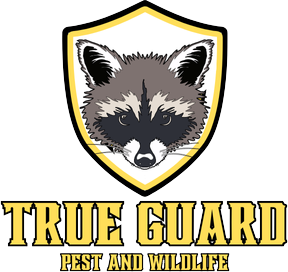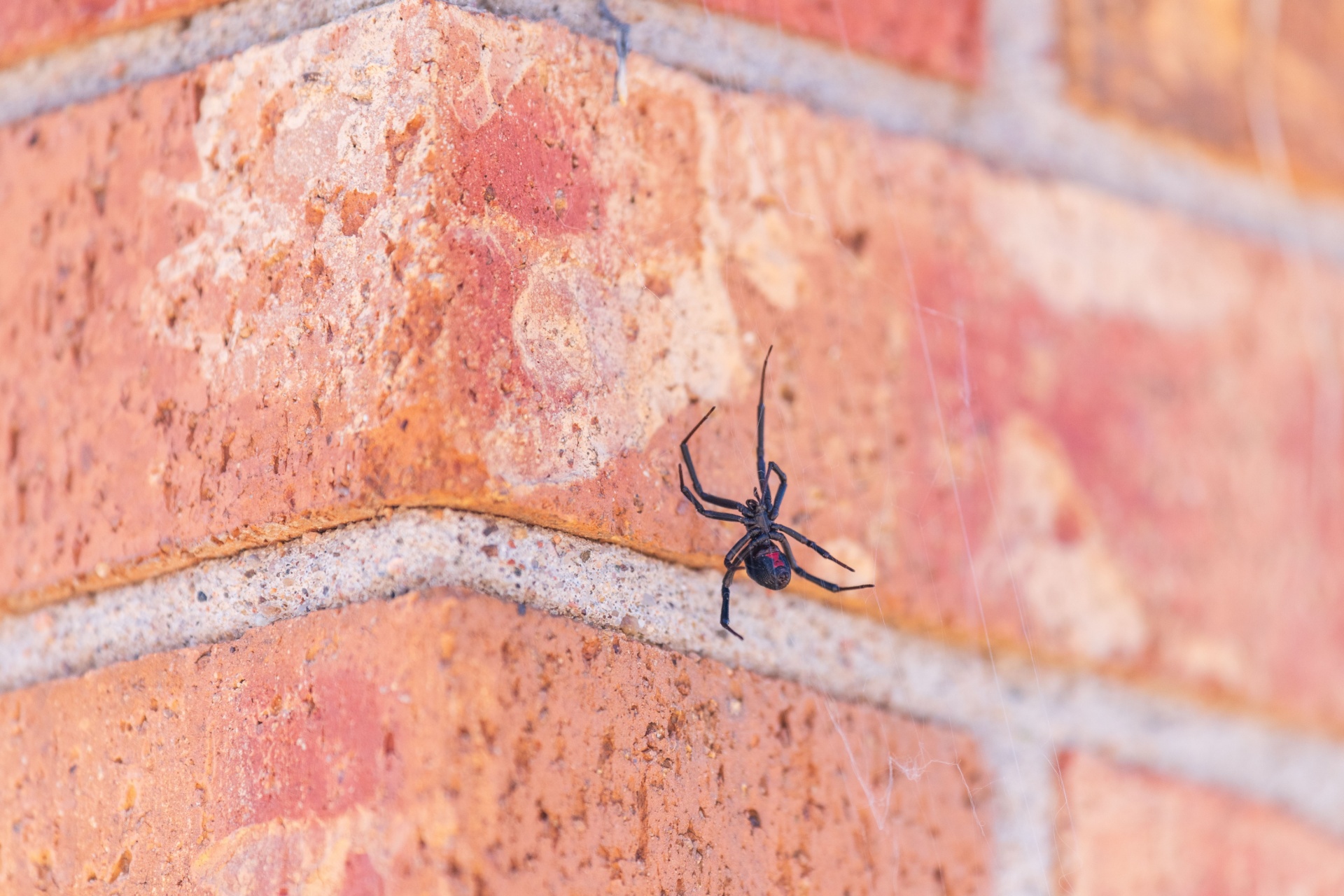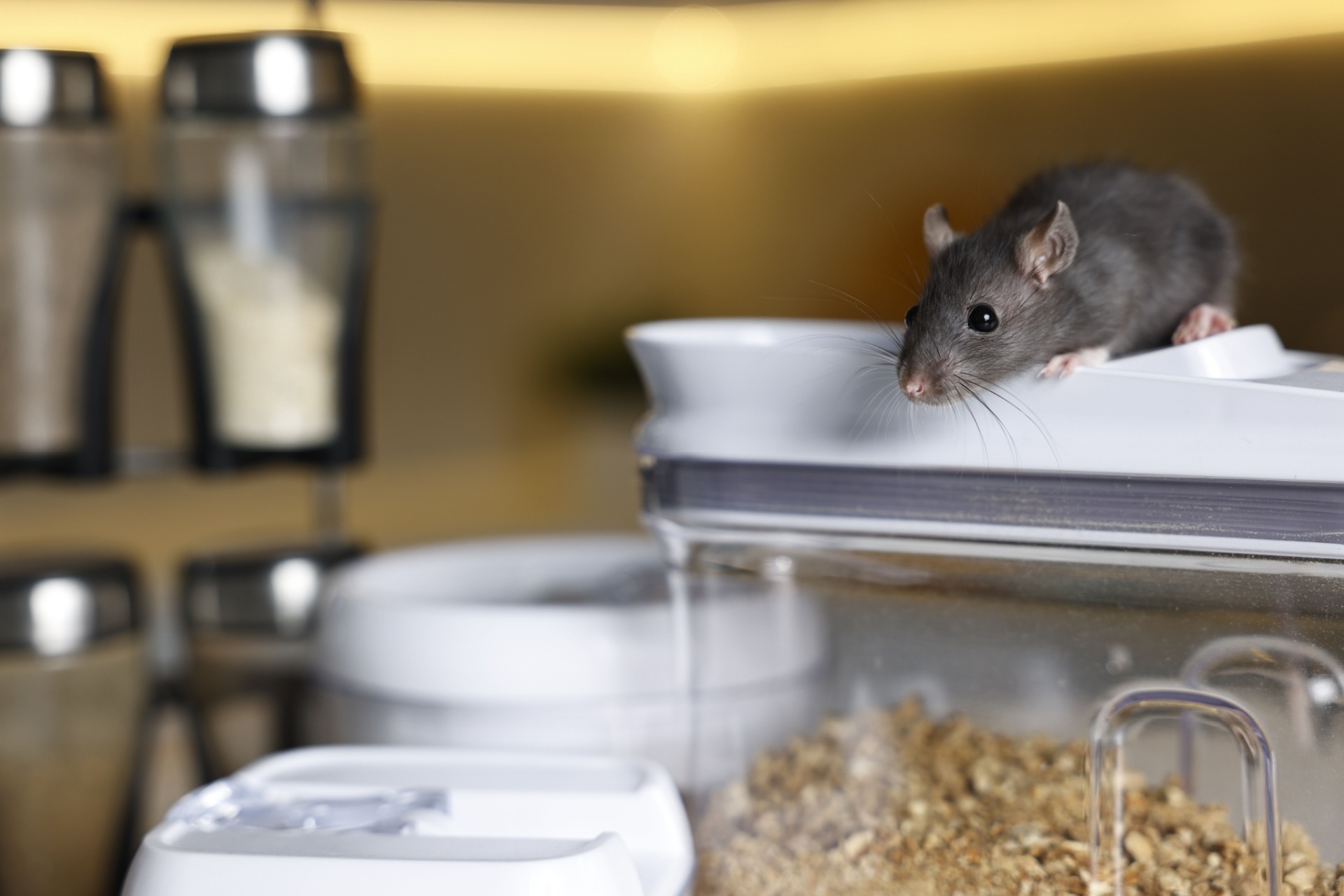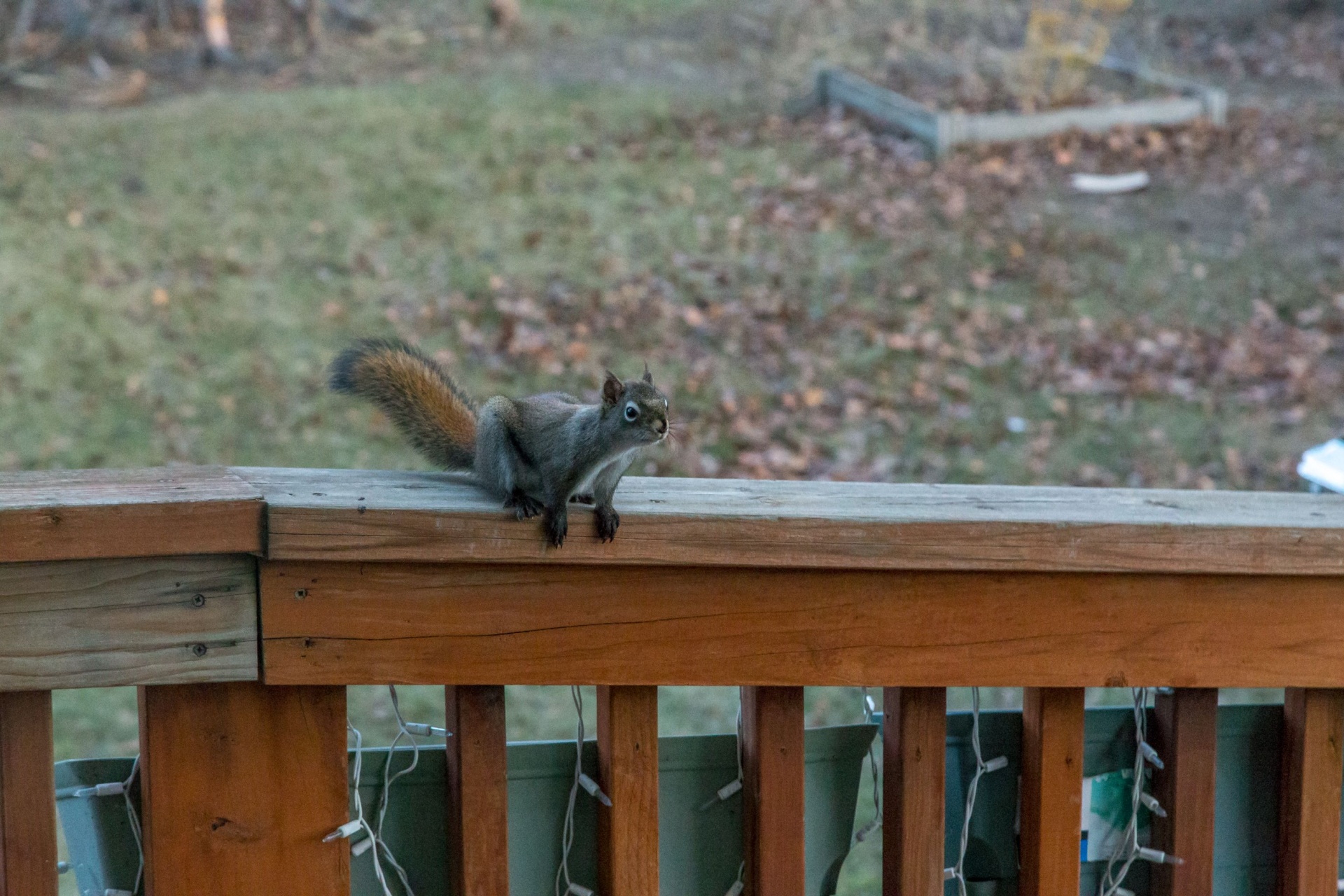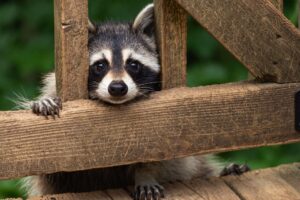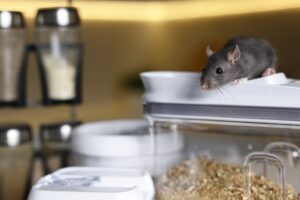In Vancouver, WA, the forests breathe, the rain whispers, and the crawlspaces… well, they sometimes harbor guests you didn’t invite. Spiders are part of the Pacific Northwest’s rhythm—quiet, persistent, and often misunderstood. They slip through the cracks of old siding, nestle into attic beams, and weave their webs in places you rarely look until it’s too late. That flicker near the window frame might be one of those spider sightings that may need professional attention.
While most spiders in Washington homes are harmless, a few species can pose health risks or signal a larger infestation. Knowing which ones to watch for—and which ones to welcome as natural pest control—is key to keeping your home safe and stress-free.
Common Spiders in Vancouver Homes
Vancouver’s damp climate and wooded surroundings make it a haven for a variety of spider species. Here are some of the most frequently spotted ones:
- Cellar Spiders (Daddy Long Legs): Thin, delicate legs and a knack for hanging out in basements and crawlspaces. Harmless and often helpful in controlling other pests.
- Common House Spiders: Brownish, small, and web-loving. These spiders are frequent indoor dwellers and rarely bite.
- Jumping Spiders: Compact, fuzzy, and surprisingly curious. Known for their excellent vision and harmless nature.
- Orb-Weaver Spiders: Famous for their intricate circular webs outdoors. Non-aggressive and beneficial for gardens.
- Wolf Spiders: Large, fast-moving hunters that don’t spin webs. Their bites are not medically significant, but their size can be intimidating.
- Hobo Spiders: Often mistaken for more dangerous species. Their bites may cause mild irritation but are rarely serious.
- Yellow Sac Spiders: Small, pale yellow, and known to bite when disturbed. Their bites can cause localized pain and swelling.
These species are typically more active during late summer and fall, when mating season drives them to seek shelter indoors. Spotting one or two isn’t unusual—but if you’re seeing them regularly, it may be time to investigate further.
Dangerous Spiders in Vancouver WA: What to Avoid
While most spiders are harmless, a few deserve extra caution:
- Black Widow Spiders: Shiny black with a red hourglass marking. Their venom is potent and can cause severe symptoms including muscle pain, nausea, and difficulty breathing.
- Brown Recluse Spiders: Rare in Washington but occasionally transported in shipments. Their bite can lead to necrotic skin lesions and requires medical attention.
These spiders tend to hide in dark, undisturbed areas like garages, sheds, and storage boxes. Because their bites can be serious, identification and safe removal are essential. If you suspect either of these spiders in your home, avoid contact and seek professional help immediately. Spider identification in Vancouver homes can be tricky—especially when species mimic each other’s appearance.
Why Spiders Sneak Into Vancouver Homes
Spiders aren’t trying to be rude houseguests—they’re just following instinct. When temperatures drop or food sources shift, your warm, quiet home becomes prime real estate. In Vancouver, WA, seasonal transitions—especially the damp chill of fall and winter—send spiders scurrying indoors in search of shelter, prey, and a safe place to reproduce.
They’re drawn to the unnoticed: cluttered corners, untouched storage boxes, and the tiny gaps around windows or baseboards that go unchecked. Even something as simple as a porch light attracting insects can turn your entryway into a buffet—and spiders are never far behind.
In short, they’re not invading out of malice. They’re opportunists. And if your home offers the right conditions, they’ll settle in without hesitation. Homes near wooded areas, water sources, or with older construction tend to see more activity, especially if regular maintenance is overlooked.
Spider Prevention Tips for Washington Homes
Keeping spiders out starts with smart, consistent habits. Here are a few effective strategies:
- Seal cracks and gaps around doors, windows, and foundations
- Keep indoor spaces clean and clutter-free
- Remove webs promptly to discourage re-nesting
- Use yellow light bulbs outdoors to reduce insect attraction
- Store firewood away from the home
- Trim vegetation near exterior walls
- Install screens on vents and chimneys
These spider prevention tips are especially useful in older homes or properties near wooded areas, where spider activity tends to spike. Regular inspections—especially before fall—can help catch early signs of spider entry and reduce the chance of a full-blown infestation.
A Gentle Goodbye to Unwanted Guests
Spiders may be part of the natural rhythm of life in Vancouver, WA, but that doesn’t mean they belong in your living room. Most are harmless, some are helpful, and a few deserve caution. The key is knowing when a sighting is just a passing visitor—or a sign of something more.
If you’re seeing spiders more often, noticing webs in quiet corners, or suspecting a dangerous species, it’s worth taking a closer look. Prevention starts with small steps: sealing entry points, reducing clutter, and staying vigilant during seasonal shifts. And when those steps aren’t enough, professional support can bring peace of mind.
At True Guard Pest & Wildlife, we’re here to help you part ways with your unwanted guests—gently, effectively, and with respect for your space. If you’re ready to reclaim your home, reach out to our team. We’ll guide you through the process with clarity and care.
